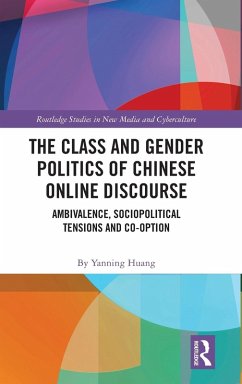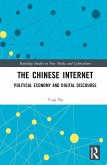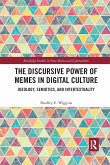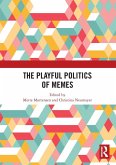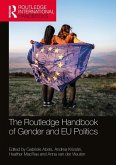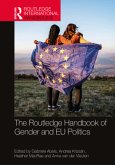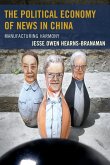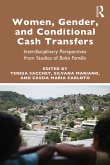This book offers an in- depth study of the quasi- political, self-deprecating, and parodic buzzwords and memes prevalent in Chinese online discourse.
Combining discourse analysis with in- depth audience research among the young internet users who deploy these buzzwords in on- and offline contexts, the book explores the historical and social implications of online wordplay for sustaining or challenging the contemporary social order in China. Yanning Huang adopts a combination of media and communications, social anthropology, and socio- linguistic perspectives to shed light on various forms of agency enacted by different social groups in their embracing, negotiation of, or disengagement from online buzzwords, before addressing how the discourses of online wordplay have been co-opted by corporations and party-media.
Offering a rigorous and panoramic analysis of the politics and logics of online wordplay in contemporary China, and providing a critical and nuanced analytical framework for studying digital culture and participation in China and elsewhere, this book will be an important resource for scholars and students of media and communication studies, Internet and digital media studies, discourse analysis, Asian studies, and social anthropology.
Combining discourse analysis with in- depth audience research among the young internet users who deploy these buzzwords in on- and offline contexts, the book explores the historical and social implications of online wordplay for sustaining or challenging the contemporary social order in China. Yanning Huang adopts a combination of media and communications, social anthropology, and socio- linguistic perspectives to shed light on various forms of agency enacted by different social groups in their embracing, negotiation of, or disengagement from online buzzwords, before addressing how the discourses of online wordplay have been co-opted by corporations and party-media.
Offering a rigorous and panoramic analysis of the politics and logics of online wordplay in contemporary China, and providing a critical and nuanced analytical framework for studying digital culture and participation in China and elsewhere, this book will be an important resource for scholars and students of media and communication studies, Internet and digital media studies, discourse analysis, Asian studies, and social anthropology.

